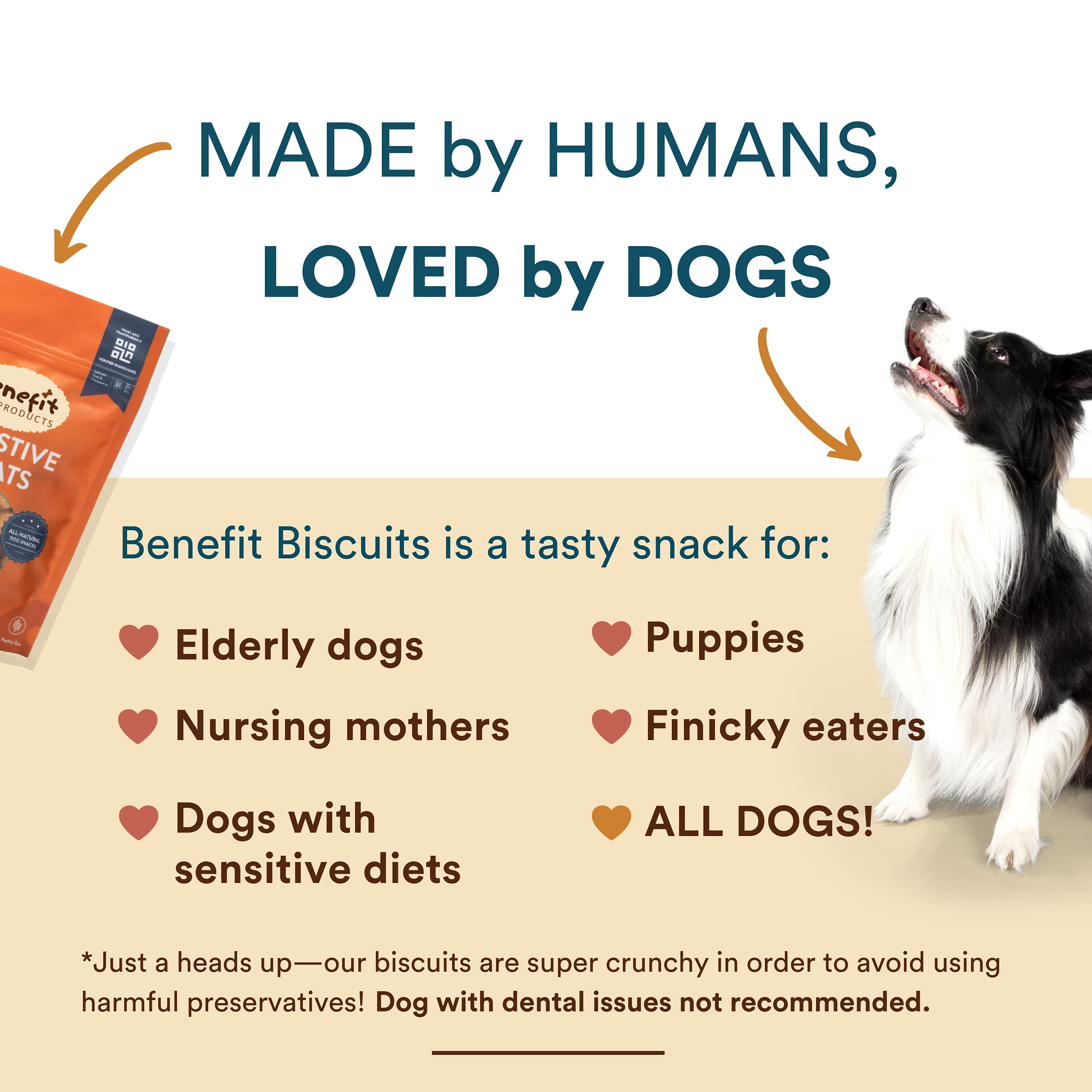Are Dog Biscuits Good for Dogs?
When pet parents wander through the aisles of their local pet store, one of the common queries that often arises is, are dog biscuits really beneficial for our canine companions? Indeed, dog biscuits are a common treat, often used for training or as a symbol of affection. But delving deeper into their nutritional value, ingredients, and potential effects on canine health provides us with a clearer picture.

Dog biscuits, synonymous with dog treats, can offer various benefits when chosen correctly. Primarily, many dog biscuits are designed to promote dental health. The texture of biscuits can help reduce plaque buildup and tartar, essentially giving a dog’s teeth a gentle polish. Dental health is paramount for canines, as poor dental care can lead to various health issues beyond just bad breath. Ingredients such as chicory root or certain enzymes in specialized biscuits can further enhance this benefit, combating harmful oral bacteria.
However, not all dog biscuits are created equal. Here lies the importance of scrutinizing the ingredients. Opt for biscuits that use natural ingredients, avoiding artificial preservatives, colors, or flavors. Ingredients like whole grains, proteins, and vegetables offer nutritional value, whereas biscuits laden with sugars, salt, or unpronounceable additives do more harm than good. For instance, a biscuit made with real chicken or salmon provides not only flavor but also nutrients like omega-3 fatty acids, which promote healthy skin, coat, and joint function.
The size and shape of the biscuit also matter. Larger biscuits can pose a choking hazard to small breeds or puppies, while smaller ones might be more suitable. Conversely, for larger dogs, smaller biscuits might become a haphazard snack rather than a treat, potentially leading to overeating.
Mental stimulation is another aspect. Some dog biscuits are crafted to be long-lasting, engaging a dog’s mind as they work to get to the treat. This engagement mimics the natural foraging behaviors of their wild ancestors, providing not just physical but mental activity, which is vital for their overall wellbeing.
On the other hand, concerns do arise with the regular consumption of biscuits. High-calorie biscuits can contribute to obesity if not moderated, leading to health issues like joint problems and heart disease. It’s crucial to treat biscuits like treats—they should not surpass 10% of a dog’s daily caloric intake. Overfeeding with dog biscuits can lead to nutrient imbalance, where the dog might fill up on biscuits instead of their balanced meal.
Additionally, some dogs may develop allergies or sensitivities to common ingredients in dog biscuits. Symptoms like itching, digestive upset, or skin irritations can often be linked back to the treats a dog consumes. If you notice any adverse reactions, consider seeking out hypoallergenic options or speak with a vet.
Lastly, portion control and frequency are worth mentioning. Treats, including biscuits, should be given thoughtfully. They can serve as training aids or rewards, but they should not replace regular meals. Balanced feeding ensures dogs receive all required nutrients from their primary diet, with treats supplementing, not overwhelming, this intake.
In the world of pet care, where love for our animals fuels our decisions, understanding the implications of what we feed them is crucial. While not all dog biscuits are made the same, with the right choice and moderation, these treats can positively contribute to canine health, offering enjoyment and maintaining dental hygiene. By making informed choices, we ensure our furry companions get not only a moment of happiness with each biscuit but also a step towards sustained well-being.




